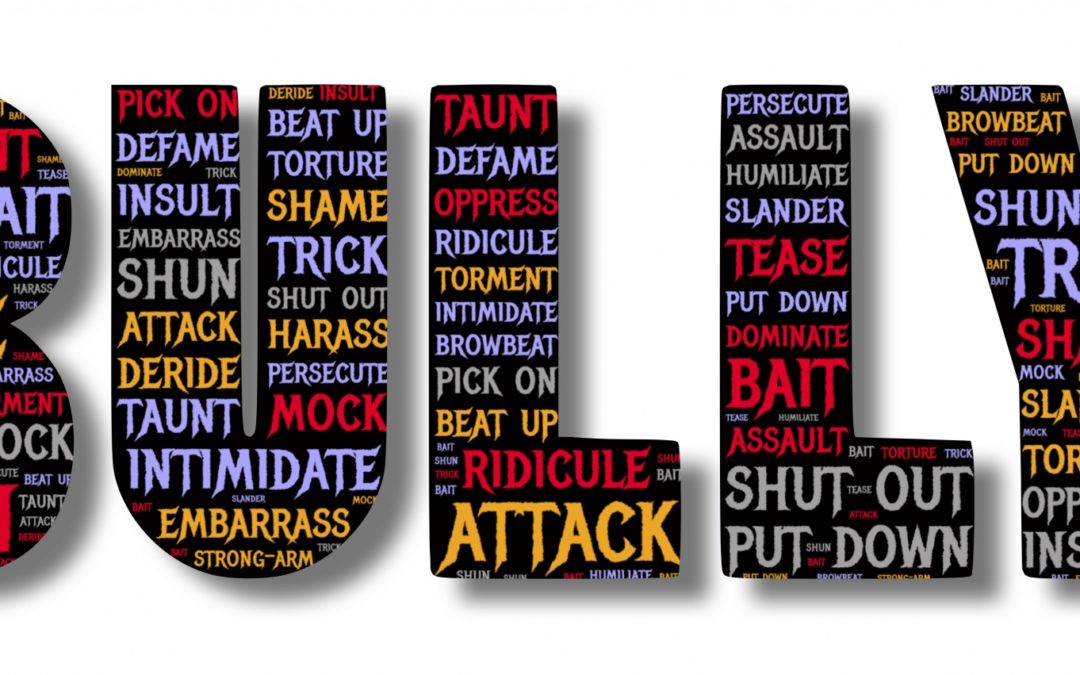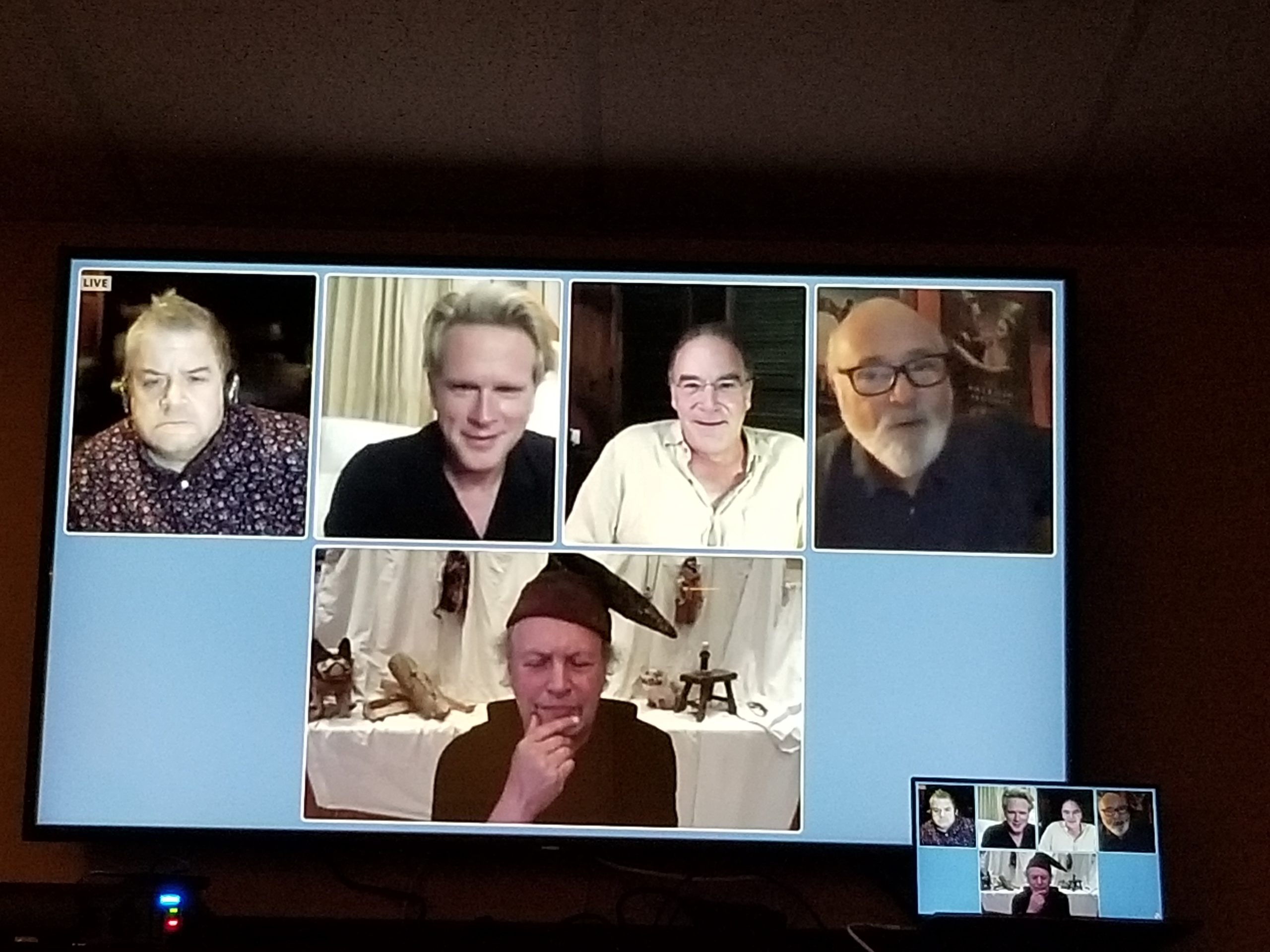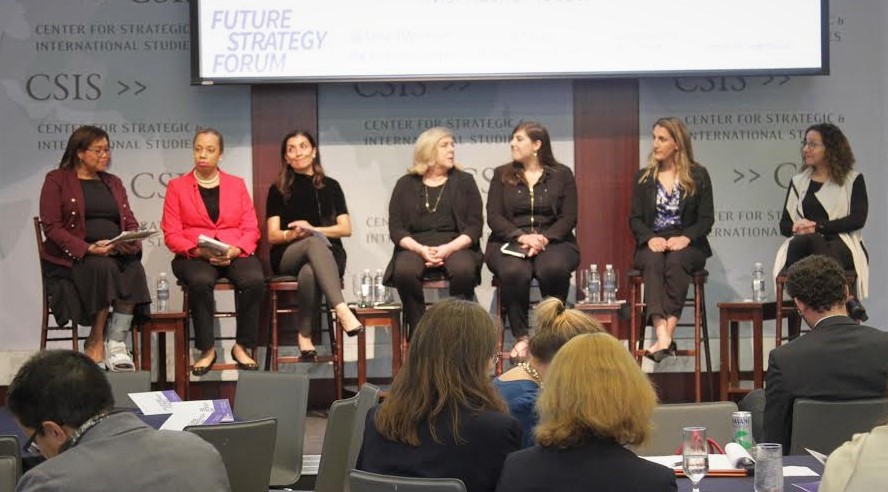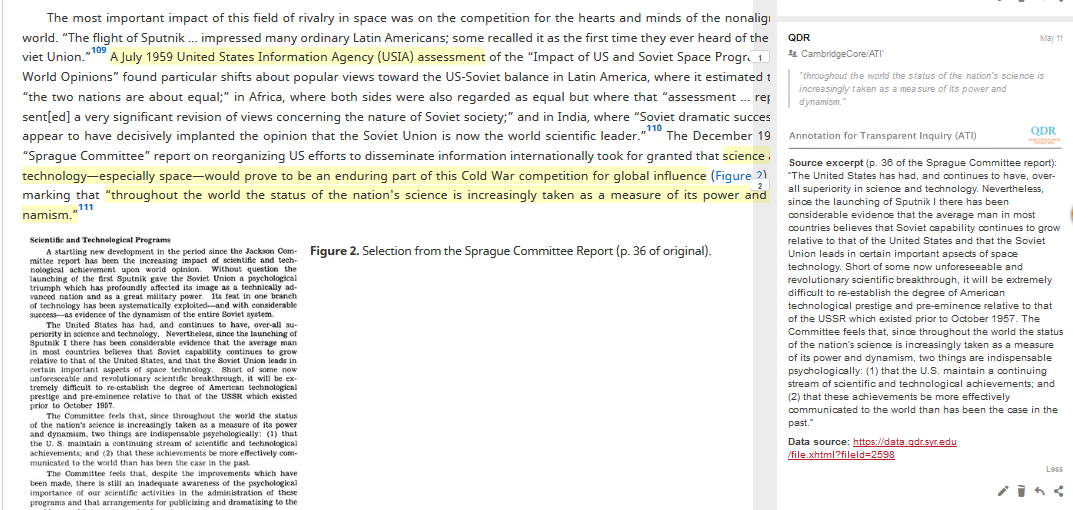A distinctly unoriginal take on the pathologies of overvaluing academic “novelty.”


A distinctly unoriginal take on the pathologies of overvaluing academic “novelty.”

Recently, David Edelstein and Jim Goldgeier circulated an open letter for signature to address bullying in the profession. The open letter can be found here. So far, there are nearly 100...

Academia would benefit from “the motivation to see things as they are and not as” one wishes “they were.”

Last year, at this time, I wrote about my first experiences in the new online teaching free-for-all era. Besides no longer using Corona, what else have I learned from teaching online? [Note, I...

This post in the Bridging the Gap series come from Sara Plana and Rachel Tecott, doctoral candidates in the Department of Political Science at the Massachusetts Institute of Technology. (Sara is also an alumna of BtG's New Era Workshop.) They are the founders of the Future Strategy Forum and co-organized the Future of Force conference held in May 2018. Follow them on Twitter @saracplana and @racheltecott. Last month, the Center for Strategic and International Studies and the Kissinger Center at John Hopkins SAIS hosted a conference on the “Future of Force,” inaugurating a new series called...

This is a guest post from Paul Musgrave, Assistant Professor of political science at the University of Massachusetts-Amherst, and Sebastian Karcher, Associate Director of the Qualitative Data Repository at Syracuse University. Recently, the Qualitative Data Repository launched “Annotation for Transparent Inquiry (ATI)” as a method to add transparency to scholarly research. ATI is a new approach to communicating scholarly evidence that employs electronic annotations to specific passages in scholarly articles—a sort of amped-up academic version of Genius.com’s annotations to song lyrics. The...

In March, I argued that the connections between climate change and security are complex, contingent, and not fully understood. Most of the academic literature has firmly focused on conflict onset with the broader security consequences largely understudied . For policy audiences, the nuance can be frustrating. It is difficult to know what to do with such complexity, other than talk broadly of climate change as a "threat multiplier." However, the policy community does not have the luxury of waiting for academics to reach some consensus on climate-conflict links that might never materialize....
This is a guest post by Sarah Detzner, a Ph.D Candidate at the Fletcher School of Law and Diplomacy. Her research is focused on international security, particularly post-conflict stabilization/reconstruction and security sector reform. In addition, she serves as Director of the Fletcher Graduate Writing Program, as a Fellow at the Center for Strategic Studies and the Institute for Human Security, and as a consultant for the World Peace Foundation. Previously, she served in the Obama Administration as a speechwriter for former Secretary of Defense Robert M. Gates, campaigned as an Obama 2008...
In recent days, there has been much discussion about the so-called Big3 journals in Political Science: the American Political Science Review, the American Journal of Political Science, and the Journal of Politics. Each is the standard-bearer journal for their respective associations--the American Political Science Association, the Midwest Political Science Association and the Southern Political Science Association. Over the years, these three journals have become seen as the most prominent journals in the discipline. For some American universities, for the purposes of hiring, tenure and...
Today, there was a twitter conversation about whether doing public engagement, especially blogging and twitter, are penalized or not. The timing is good since my Ignite talk at the Duckies was very much on this stuff. So, I thought I would share what I presented at the Online Media Caucus reception at the annual meeting of the ISA in San Francisco. The basic theme was: there are things people tell you not to do, so let me know show how I did them. I did start by acknowledging my privilege--that a white male straight tenured prof can get away with more stuff than other folks (thanks,...
This is a guest post by Heidi Hardt (University of California, Irvine) and Amy Erica Smith (Iowa State University) Syllabi and comprehensive exam reading lists are often graduate students’ first major exposure to political science. In the field of IR, they tell students what scholarship matters for the field and - by omission – what doesn’t matter quite as much. What students read as graduate students likely influences some of what they cite later in their academic careers. What then exactly is in these important documents? Our new dataset GRADS – the GRaduate Assignments DataSet aims to...

This is a guest post from Joseph MacKay, a Research Fellow in the Department of International Relations at Australian National University, and Christopher David LaRoche, a PhD candidate in the Department of Political Science at the University of Toronto. Growing nationalist and populist parties and movements across the developed West and elsewhere are prone to a common nostalgic rhetoric: the political consensus of recent decades has eroded national boundaries, traditions, and identities. The past, they argue, was better than the present. And what is most needful now is a return to that...